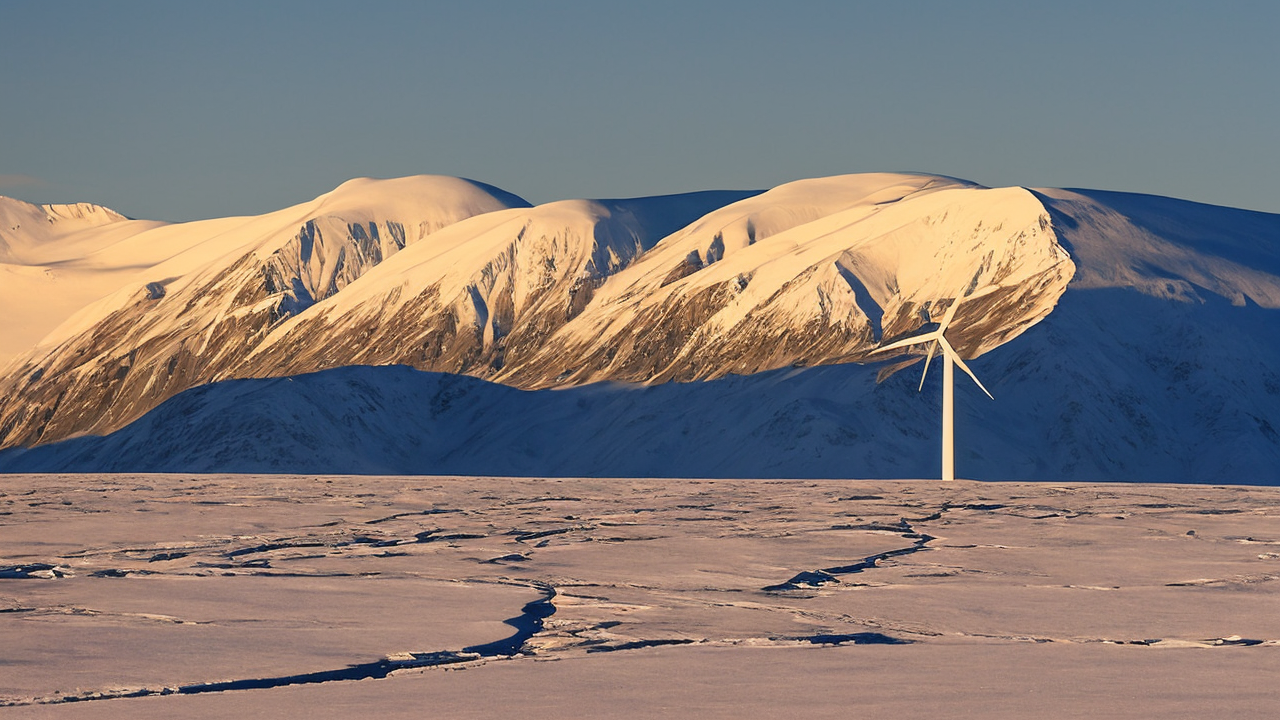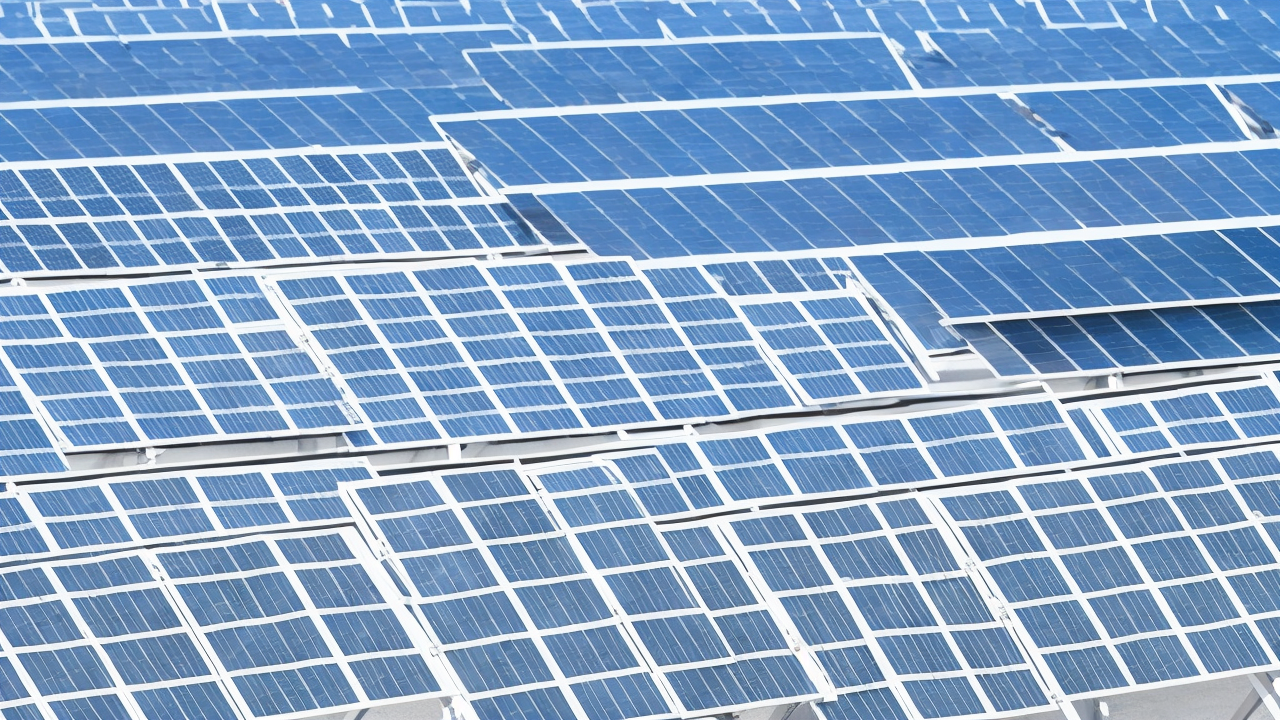Alaska Poised to Lead in American Energy Independence

Alaska stands at a pivotal moment in American history. Its vast natural resources—oil, gas, and untapped energy potential—have long been recognized as vital to the nation’s strength and security. Yet for too many years, these assets were sidelined by policies driven more by ideology than by practical necessity. Now, under renewed federal leadership and growing bipartisan support, Alaska is poised to reclaim its role as a cornerstone of American energy independence.
The North Slope, home to some of the largest oil and gas fields in the United States, has remained underdeveloped for decades. Environmental regulations and political resistance have discouraged investment, leaving billions of dollars in potential revenue untapped and thousands of jobs unrealized. This is not merely an economic loss—it is a strategic vulnerability. When we depend on foreign sources for energy, we compromise our national security and weaken our global standing.
Recent actions by the federal government signal a shift toward common sense. Interior Secretary Doug Burgum has moved to lift previous restrictions on the National Petroleum Reserve-Alaska and the Arctic National Wildlife Refuge, opening these areas to responsible leasing. These decisions are not made lightly. They reflect years of consultation with Alaskan leaders, scientific review, and a commitment to balancing development with environmental care. Alaska’s communities, particularly in rural areas, depend on energy revenues for schools, healthcare, and infrastructure. These are not abstract numbers—they represent real lives and real needs.
The $44 billion Alaska LNG project is a prime example of what’s possible when policy aligns with practicality. This initiative would bring online 35 trillion cubic feet of stranded natural gas—resources that have sat idle for years. Once completed, it will create tens of thousands of well-paying jobs, generate substantial tax revenue for federal and state budgets, and help diversify America’s energy supply. Natural gas is cleaner than coal, and when used responsibly, it supports both economic growth and environmental goals.
Critics continue to raise concerns, often rooted in outdated views of energy development. But the reality on the ground tells a different story. Modern drilling techniques, rigorous oversight, and strict environmental standards have made it possible to extract resources with minimal impact. Alaska has long demonstrated that responsible stewardship and economic progress are not mutually exclusive. The state’s record of environmental monitoring, land reclamation, and wildlife protection shows that development does not mean degradation.
This is not a debate about ideology. It is a question of national interest. Energy independence is not a radical idea—it is a foundational principle of a strong and self-reliant nation. When we rely on unstable regimes or distant suppliers, we risk economic disruption and geopolitical leverage. When we produce energy at home, we strengthen our economy, secure our borders, and uphold our sovereignty.
Alaska’s future is not just about oil and gas. It is about opportunity—economic, social, and national. It is about honoring the legacy of hard work and self-reliance that has defined generations of Americans. It is about ensuring that future generations inherit a nation capable of meeting its own needs without compromise.
There is no contradiction between faith, responsibility, and progress. God gave us the earth to steward, not to fear. He gave us the intelligence and ingenuity to build wisely. To deny Alaska’s potential is not to protect nature—it is to abandon our duty to our people and our country.
With wise leadership, sound policy, and a renewed commitment to American values, Alaska can lead the nation once again. Not through grandstanding, but through steady, principled action. The path forward is clear: develop our resources responsibly, invest in infrastructure, and build a future where energy security is no longer a question, but a fact.
Published: 11/9/2025








